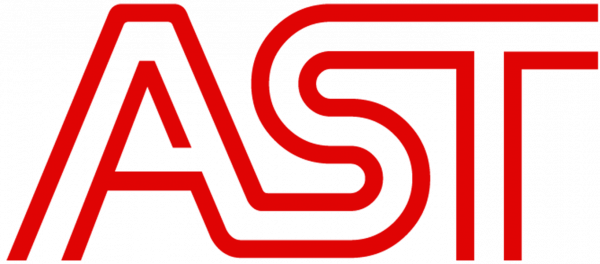The most significant projects of AST over the next 10 years are related to synchronization with Europe, digitization and modernization
In 2022-2031, the Latvian transmission system operator AS Augstsprieguma tīkls (AST) will continue to work on strengthening the electricity supply and system security in order to achieve the synchronization of the Baltic States with the continental European electricity transmission networks already in 2025. It is planned to actively work on the implementation of digital solutions to improve and modernize processes, thus improving network security, operation and development. The ten-year development plan of the Latvian electricity system developed by AST has been submitted to the Public Utilities Commission (PUC) for approval.
"The two main tasks of the capital investment plan of AST in the next decade are to prepare the Latvian electricity system for joining the European synchronous electricity system in 2025, and to prepare the transmission system for inclusion of a large amount of renewable electricity in the Latvian energy system to implement the Latvian and European strategy in achieving a climate-neutral, resilient and innovative energy system. A completely new challenge will be to introduce the frequency control capability, which will use new technologies, that have not been used in the Baltics before, including high-capacity batteries and synchronous compensators. We are ready to contribute to the green transformation of the energy system. Our responsibility is not only safe and high-quality electricity transmission throughout Latvia, but also balanced costs, thus a service at the lowest possible tariff, "says Gatis Junghāns, Member of the Board.
In total, it is planned to invest 401 million euros during the development plan period, most of which is intended to strengthen the security of the system - synchronization with the European networks. The synchronization of the Baltic States with the European electricity transmission networks is not only a strategic goal of Latvia, but also of Europe, which is confirmed by the granted co-financing from the European Union in the amount of 75%. In the coming years, in addition to the preparatory work carried out, it is necessary to install three synchronous compensators, which will ensure the maintenance of frequency and inertia.
In the coming years, AST plans to modernize the electricity commercial accounting, the balance management system, the electrical network model management system, as well as the dispatching system and emergency automation, thus ensuring faster and better data exchange and system management. It is planned to implement these projects before the start of the synchronization process.
In the period until 2031, it is planned to invest 20 to 25 million euros annually in the reconstruction of 330kV and 110kV substations, lines and distribution points, thus ensuring stable operation of the transmission system and uninterrupted power supply in the demanded amount to the connected users.
In each project, AST evaluates not only the normative service life of infrastructure objects, but also their actual wear and tear, verifies the topicality of each project from the point of view of the infrastructure customer to prevent construction of objects, whose load would not be provided to the required extent, because the priority of AST is a high-quality and secure electricity transmission service at the lowest possible tariffs. In general, financial investments are planned in such a way as to prevent in the long-term obsolescence of transmission equipment and so that no equipment reaches its critical age.
The analysis of the processes that affect or could affect its implementation are also included in the 10-year development plan submitted for approval, such as the need to install energy storage batteries to ensure reserves and restore the frequency, the development of the RailBaltica project and the construction or reconstruction of the related infrastructure, the Estonian-Latvian offshore wind park project, the granting of European co-financing, the Covid-19 pandemic and related restrictions, the possibility to implement a massive amount of new connections and the current increase in construction costs.
In accordance with the Electricity Market Law, PUC determines the information to be included in the 10-year transmission system development plan, sets up the procedure for submitting it, approves it and monitors its implementation. The full development plan for 2022-2031 is available here.
